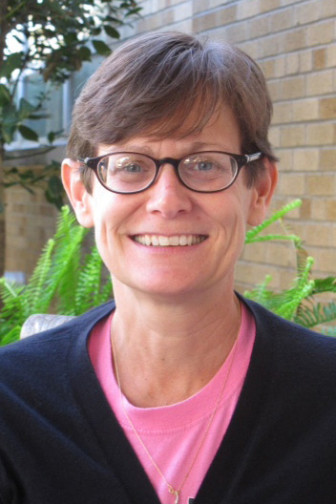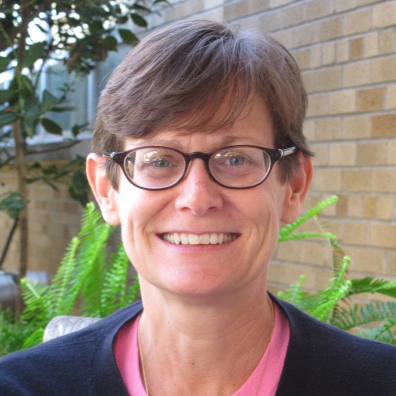 When I worked my first shift at a residential treatment center nearly 30 years ago, I was provided a set of keys and told to observe the veteran workers in order to learn my job as a youth-care worker. As I tried to imitate those other workers, I found that their style didn’t necessarily fit me, but I didn’t know what I should do instead. I don’t remember much training specific to my job, so I tried my best to do what I understood my job to be: enforce rules, follow the program and make sure the behavior of those in my care did not get out of line. Sadly, for the young people I was assigned to work with, there was a great deal of trial and error. I was being paid to do youth work, but no one ever told me what that meant, and I never really asked.
When I worked my first shift at a residential treatment center nearly 30 years ago, I was provided a set of keys and told to observe the veteran workers in order to learn my job as a youth-care worker. As I tried to imitate those other workers, I found that their style didn’t necessarily fit me, but I didn’t know what I should do instead. I don’t remember much training specific to my job, so I tried my best to do what I understood my job to be: enforce rules, follow the program and make sure the behavior of those in my care did not get out of line. Sadly, for the young people I was assigned to work with, there was a great deal of trial and error. I was being paid to do youth work, but no one ever told me what that meant, and I never really asked.
Thirty years later, the pessimist in me believes not much has changed when it comes to knowing what it means to be a youth worker. I still hear participants in training introduce themselves as “just a youth worker,” administrators discuss whether they can trust their youth-work staff with keys to the building, and I get blank stares when I ask if youth workers are receiving intentional supervision focused on developing professional practice skills. On one hand I am asked to provide training so youth workers can learn to effectively engage in relationship building, understand the impact of trauma, and maintain a safe and healing environment. On the other hand, when it comes time to implement these new skills I’ve heard administrators lament “we can’t expect much from them” since they are paid so little.
Luckily, I do have an optimistic side, too.
I realize great strides have been made since I worked my first shift, not only in the field, but in my personal knowledge and practice as well. I am now aware that the field of youth work is vast and crosses many practice settings. Youth workers are found where young people are: schools and after-school programs, day-care centers, community youth-development programs, group homes and shelters, just to name a few.
Agencies across the country are working to find ways to support the professional development for their youth workers. Whether it’s investing in a training program specific for youth workers, building career ladders that include incentives for certifications, or simply making sure a shift gets covered so youth workers can attend trainings, administrators see how even small steps can begin to produce more competent and capable staff.
I am excited by individual youth workers from across practice settings who are embracing the profession and engaging in their own professional development. This year more than 700 individuals work to maintain the certification they received after completing the 42 hour Residential Child and Youth Care Professional Course offered through my organization. Other training and certification programs that I have personal experience with, like The Academy for Competent Youth Work and the CYC Certification Institute, support youth workers from varies settings as they work toward certification. More than 1,200 individuals have completed the Academy’s Basic Course, and nearly 500 hundred have been certified at the entry or associate level.
Youth work practitioners from all practice settings, nationally and internationally, have been advancing the field of professional youth work. While I can no way give justice to all the work that has been done, these accomplishments stand out: the creation and adoption of a code of ethics, the development of a recognized set of competencies for professional practice, and the launching of the Child and Youth Care Certification Board (CYCCB), tasked to oversee and implement a national professional credentialing program.
All these initiatives are making a difference; not only for youth workers, but also for the children and youth we are privileged to serve. When you look at all that a child and youth worker is supposed to know, do and be, why would you ever ask someone with no specific training, skills, or supervision to fill that role? It takes a professional and it’s time we all expect and support that.
Jean Carpenter-Williams, MS, CYC-P, is the director of training development for the National Resource Center for Youth Services, based at the University of Oklahoma.
































